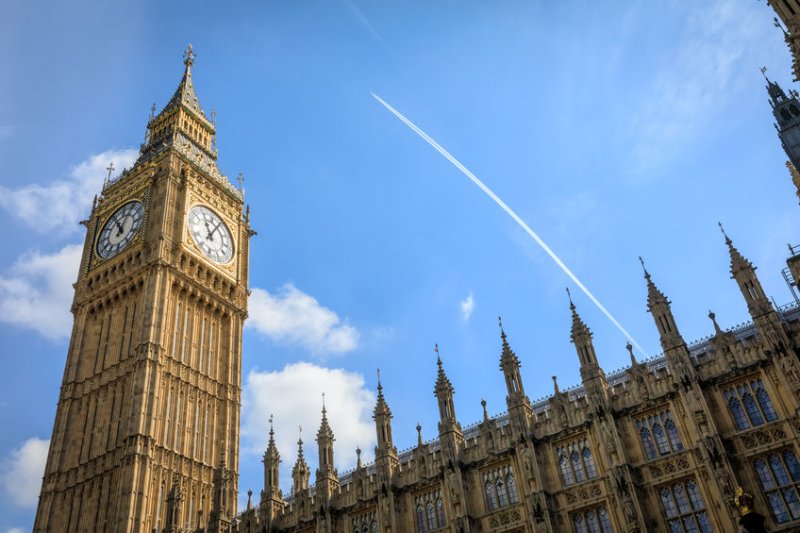
Farmers have called for the Agriculture Bill to be amended to better protect UK food security following the Covid-19 crisis and it's affect on food production.
The coronavirus pandemic has exposed 'stresses and strains' in British food and farming not seen 'since the second world war', a farming group has said.
Consumers have experienced empty shelves and panic buying as a result of the virus, and global trade flows will likely be affected for some time.
Demand for high-quality cuts of meat and milk collapsed as a third of sales normally go to the catering and restaurant trade, which largely remain shut as a result of the lockdown.
The ceasing of trade to hotels, restaurants and pubs produced a destabilising effect on the market prices for both lamb and beef as a result of the coronavirus crisis.
Now the Tenant Farmers Association (TFA) has written to Defra calling for amendments to the Agriculture Bill in light of the impact on the food supply chain.
"It has exposed failings in the system which need to be considered carefully," TFA chief executive, George Dunn explained.
"We ought to be considering how we should be proceeding with future policy to ensure our long-term food and environmental security."
With the expectation that the government will soon schedule report stage for the Bill, officials have indicated that there will be a high bar on accepting amendments.
The stage will see MPs analyse how the Bill should be amended, seeking cross-party consensus, with a view to tabling government amendment.
The TFA said aspects of the Bill around food security and production, targeting active farmers and the operation of supply chains, should be strengthened and equal to environmental priorities.
This would give the UK a 'firm basis' for a resilient food, farming and farmed environment policy for the future, the group said.
MPs, including Sir Edward Leigh, Simon Hoare and Neil Parish, have tabled amendments in these areas.
Mr Dunn called on Defra farming minister Victoria Prentis to consider these amendments before deciding how to proceed.
“In developing new food policy frameworks for the post Brexit transition era, it is vital that we do so well rather than just quickly," he said.
"Covid-19 has added to the reasons why it is important to ensure that the right frameworks are put in place."
